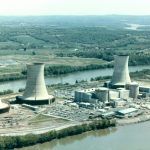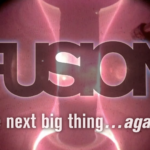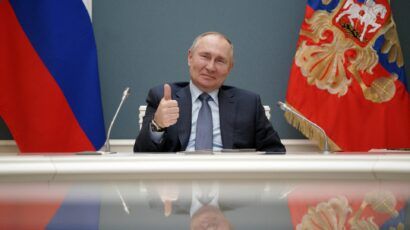Prioritizing investment in nuclear security education
By Fissile Materials Working Group | April 1, 2010
To a large degree, the implementation of robust nuclear security depends on the availability of qualified and dedicated specialists. Unfortunately, such nuclear security specialists are in short supply and training programs for the next generation are limited as well.
The nuclear industry must teach the fundamentals of security and nonproliferation to every future nuclear specialist in every country that possesses a civilian nuclear energy program.”
In fact, only four universities in the world offer degree programs in nuclear security: two in the United States (Texas A&M University and the University of Missouri) and two in Russia (the Moscow Engineering Physics Institute and Tomsk Polytechnic University). At best, these programs produce about 30-40 graduates per year. A dozen or so additional universities provide some courses in nuclear materials measurement and radiation detection systems, but these offerings are far from comprehensive advanced degree programs. Many schools, particularly those in countries embarking on nuclear power programs, have indicated an interest in introducing nuclear security curricula. However, they don’t have the experienced faculty and relevant equipment and facilities to do so.
Hopefully, this situation will soon change. The first significant step forward: a newly signed U.S. law known as the Nuclear Forensics and Attribution Act, which provides incentives in the form of internships, scholarships, and awards for university faculty and students who pursue nuclear forensics–an important field in nuclear security.
But more needs to be done. My suggested next step would be to pass a National Nonproliferation Education Act; after all, nuclear forensics is only one narrow slice of nuclear security. Such an act would elevate nonproliferation education and commit resources and attention to it on a scale comparable to the National Defense Education Act signed in 1958, which increased education spending at all levels, particularly in science.
My advice for a more global solution: Countries should increase their contributions to the International Atomic Energy Agency’s (IAEA) Nuclear Security Fund and the G-8 Global Partnership against the Spread of Weapons and Materials of Mass Destruction. Such investments would go a long way toward beefing up nuclear security education and training programs throughout the world.
In addition to national and international funding, I also believe that the nuclear industry must invest more vigorously in nuclear security education and training. The Chernobyl accident (which occurred 24 years ago this month) generated a quick industry response and prompted the establishment of international safety standards. Further, it stimulated the widespread incorporation of safety-related disciplines into the academic and professional training of those pursuing a career in nuclear energy-related fields. Yet industry still lags behind when it comes to security. It needs to realize that because security, safety, and safeguards are interconnected, it must teach the fundamentals of nuclear security and nonproliferation to every future nuclear specialist in every country that possesses a civilian nuclear energy program.
President Barack Obama’s upcoming Nuclear Security Summit is an opportunity to highlight the need for improved security and nonproliferation education and to promote it internationally. Others are also promoting such improvements. For instance, at a March IAEA meeting, a group of experts from academia, international organizations, and professional nuclear material management associations established the International Nuclear Security Education Network. The network’s mission is to develop, share, and promote excellence in nuclear security education.
Almost 25 years have passed since Chernobyl–hopefully we won’t have to wait another 25 years for nuclear security to be embedded into the training of every specialist entering the nuclear energy, medicine, and research disciplines.
Editor’s note: Elena Sokova, assistant director of the James Martin Center for Nonproliferation Studies, wrote this column.
Together, we make the world safer.
The Bulletin elevates expert voices above the noise. But as an independent nonprofit organization, our operations depend on the support of readers like you. Help us continue to deliver quality journalism that holds leaders accountable. Your support of our work at any level is important. In return, we promise our coverage will be understandable, influential, vigilant, solution-oriented, and fair-minded. Together we can make a difference.
Topics: Columnists, Nuclear Energy, Nuclear Weapons















